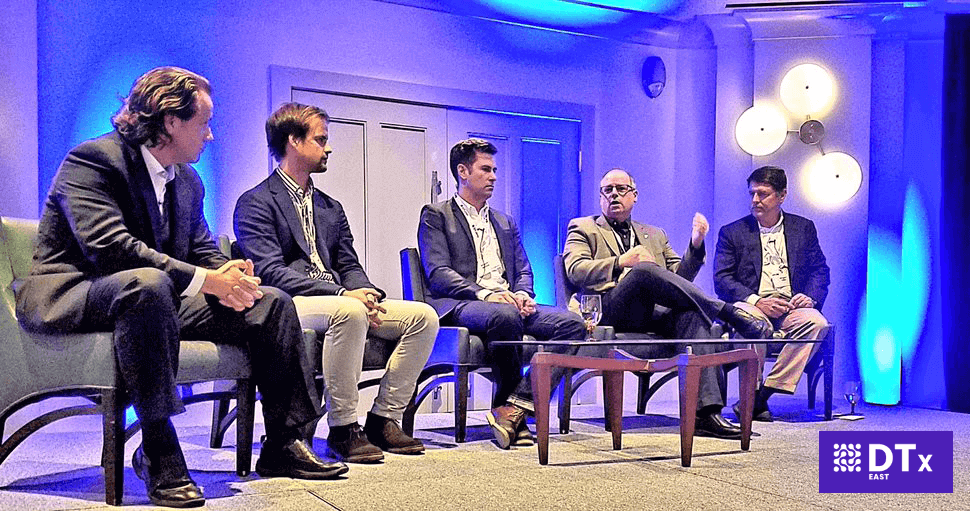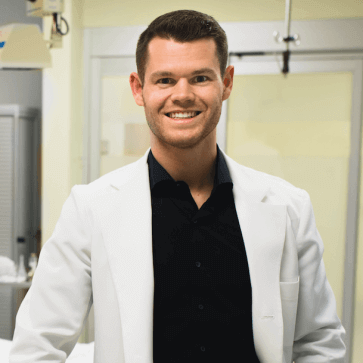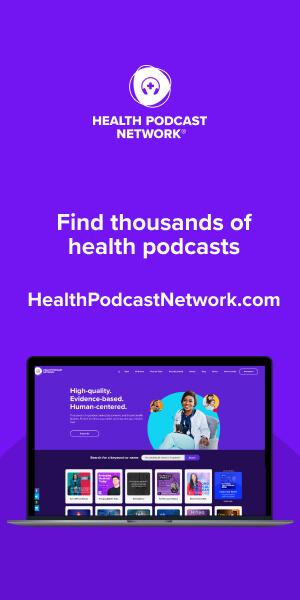Did you ever attend an event to discuss the future of medicine, and discover it felt like a family reunion? Try DTxDM.
Last month in Boston, the second edition of DTxDM Congress for digital medicine and digital therapeutics was held. With the experience gained from the first edition of the congress, which was held on the US West Coast in early 2018, the organizers have managed to gather some of the most informed and involved individuals in the field of digital therapeutics.
The sold out DTxDM event was an opportunity for marketing and access experts, health care practitioners and innovators from around the world to learn more about the recent developments in the sector. It was the perfect occasion to chat and learn about the pitfalls encountered by some individuals in the last few months, but also to celebrate successes of some companies present. These two days of rich discussions allowed the 175 delegates to establish contact with innovators who have diverse backgrounds and come from across the United States, Canada and beyond.
“Digital therapeutics is not a toy in a Happy Meal to sell more pills. It shouldn’t be.”
– Eddie Martucci, Akili Interactive Labs, Inc.
Far from being insensitive to the potential of digital therapeutics (also known as ‘digiceutics’), several pharmaceutical companies were also represented, including Sandoz to discuss their recent partnership with Pear Therapeutics.
A wide range of topics related to digiceutics were covered during the event. The first panel consisted of the CEOs of Canary Health, WellDoc, Voluntis and Akili Interactive Labs, who first shared with the audience the business opportunities being offered with this new therapeutic modality that represents digital health tools. They share with us that the last fews months was successfully used to ensure that key stakeholders understood the difference between a digiceutic and a “simple” digital health tool (known as the “wellness blackhole”). They also mentioned that new pricing models should be created to provide a more interesting return on investment (ROI) for investors and stakeholders. The per active users per month could do just that if developers determine the conditions and key metrics necessary for reliable measurement of user engagement.

Brandon Masterson, founder and CEO of the company 2morrow, mentioned during the Innovative Clinical Validation Models panel that the simple measure of user engagement is not enough. In fact, it can even be harmful. He cited the digiceutic produced by his company to help patients stop smoking. One of the key features of an earlier version of this product allowed users to mark on a map where they smoked (i.e. “I smoked here”) to identify and avoid these places thereafter. Adding this functionality improved user engagement. However, after analysis and A / B testing, it was determined that this feature was so popular that users smoked a little more, and was therefore withdrawn.
Interestingly, several talks converged toward the strategies used to improve the adoption of digiceutics among prescribers. Indeed, one can see in the direct-to-consumer (DTC) model an increased risk that the targeted patients are not those who benefit most from technology. And that is risky giving the value-based care model. According to the panelists, a physician should ensure deployment of the right tools to the right patients at the right moment. While some people questioned on the subject believe that creating forms (digital formularies) or integrating digiceutics in electronic health record prescribing tools will certainly help, most mentioned that evangelization is only possible after the integration of these tools in clinical guidelines.
Eddie Martucci, CEO of Akili Interactive Labs, also believes that the Sandoz / Pear model of using pharmaceutical companies sales networks to increase adoption among prescribers does not work in all cases.
“Some companies will have to invest and go on their own [because] some fields are simply not adapted for pharmas.”
The conversation will be continued at DTxDM West, set to be held in San Mateo on February 27-28, 2019. I intend to be there to continue the discussion – will you join me for the next reunion of the growing digital therapeutic family?





